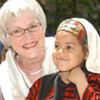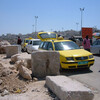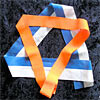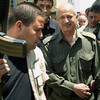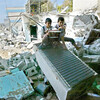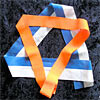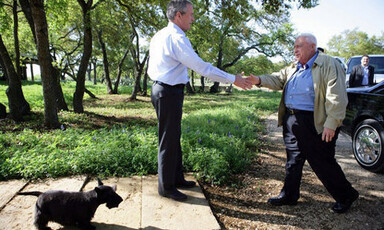
Gaza withdrawal: momentous but unlikely to lead to peace
12 September 2005
The recent withdrawal of Jewish settlers from Gaza was a momentous event in history. For the first time, an Israeli government insisted that Jews evacuate territory which it encouraged them to populate in the first place. So why has Sharon just risked alienating one of the strongest, most well-organised elements in Israeli society? Katharine von Schubert finds herein the paradox. The dream of settlement and expansion, which in many ways defined Zionist Israel, could not be sustained there. Israel could not have hung on to Gaza for ever. It could not afford to either militarily, financially or strategically. Yet, the moral reasons for getting out, which have not featured large in Sharon’s reasoning, speak the loudest to her and many other observers. Read more about Gaza withdrawal: momentous but unlikely to lead to peace

